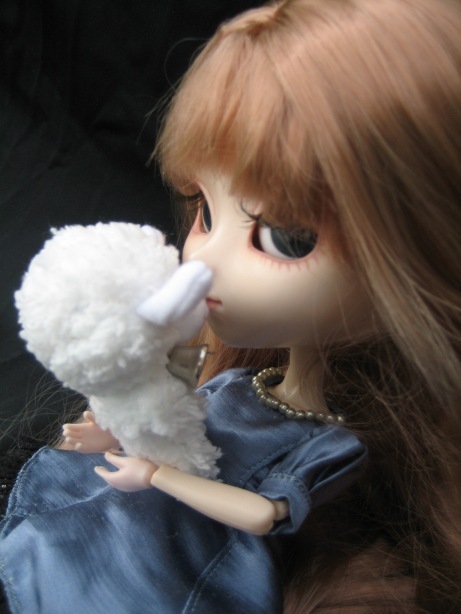Ginger tea is made from ginger root, it has a spicy sharp taste. Ginger tea has been used as a remedy for indigestion, nausea, cold and flu prevention and sore throats. Ginger is a perennial creeping plant, with thick tuberous rhizome, producing a an erect stem 30 – 100 cm (1-3 ft) tall. The lance-shaped leaves are bright green, 15 – 20 cm (6-8 in) long, with a prominent longitudinal rib, enclosing conical clusters of small yellow-green flowers marked with purple speckles. It is propagated from rhizome cuttings, planted on rich, well-drained loam. It requires a tropical climate with both a heavy rain season and a hot dry season. Plants shoot in ten days and are harvested after nine to ten months.
Benefits Of Ginger Tea
Minimizes symptoms of common cold, allergies, and other respiratory conditions Relieves nausea and combats motion sickness Ginger tea helps digestive processes and limits flatulence Ginger tea combats inflammation Ginger tea reduces dizziness Ginger tea controls chronic pain, muscle aches and rheumatoid arthritis.
Simple Ginger Tea Recipe
What you need
4 cups of water
2-inch piece of fresh ginger root
optional: honey and lemon slice
Method:
Wash and peel the ginger root, slice it into thin slices. Bring water to boil in a saucepan add the sliced ginger to the boiling water. Cover and reduce heat, allow to simmer for 15-20 minutes. Strain the tea. Add honey and lemon to taste. (skip the honey and lemon if it is specifically for cold and flu)
Side Effects
Allergic reactions to ginger tea are not common, but have been reported. Stop taking ginger and seek emergency medical attention if you experience symptoms of a serious allergic reaction including difficulty breathing; closing of your throat; swelling of your lips, tongue, or face; or hives. Summary Ginger tea has a variety of benefits, especially fighting cold and flu symptoms. The side effects are usually minor and uncommon.





















0 comments:
Post a Comment